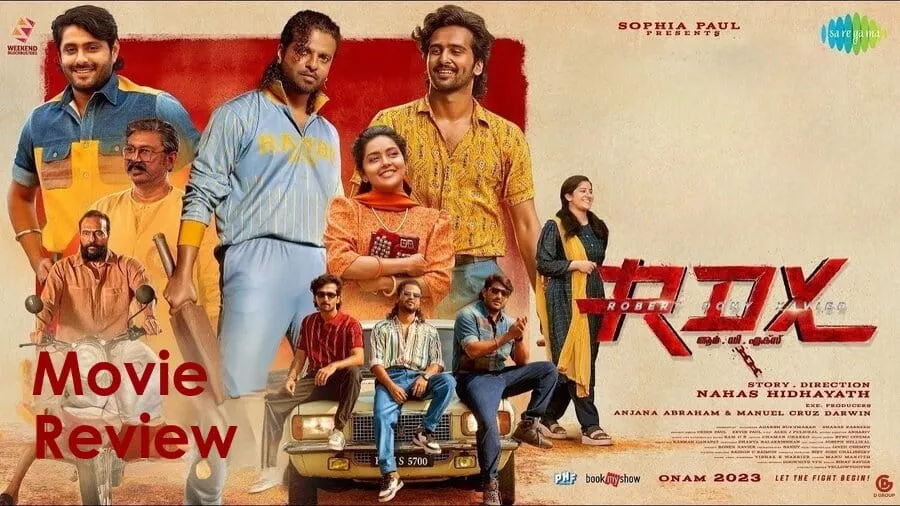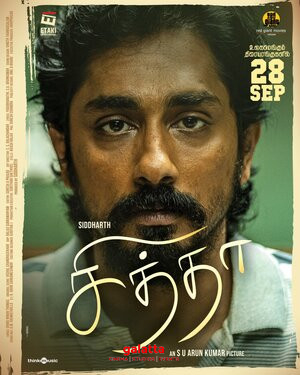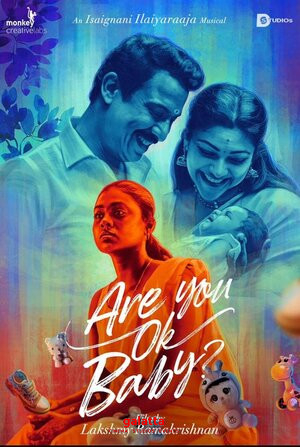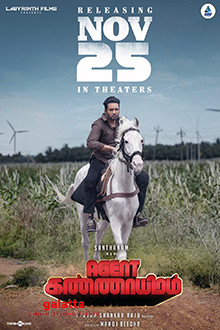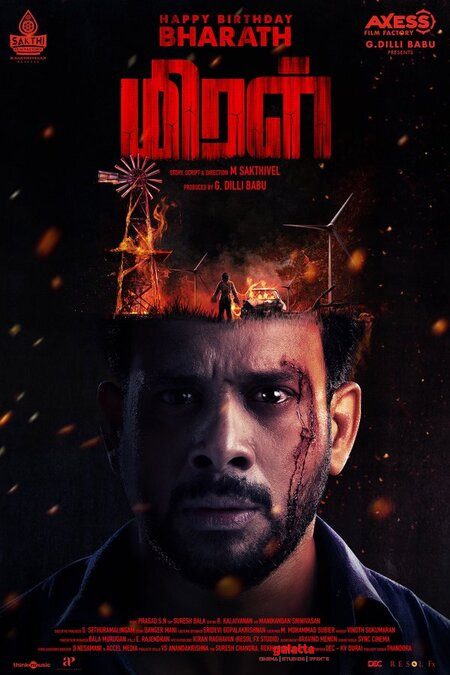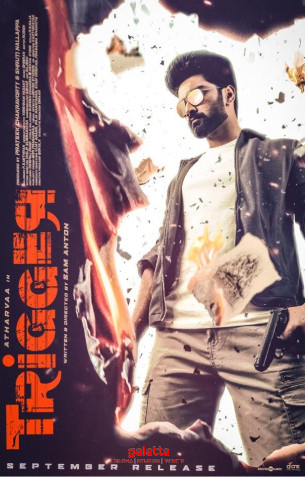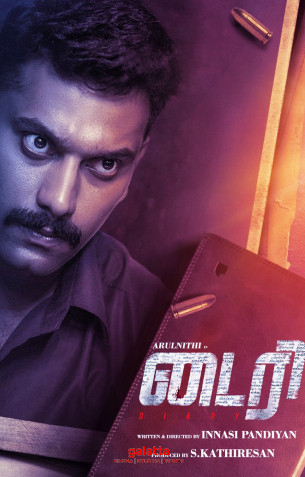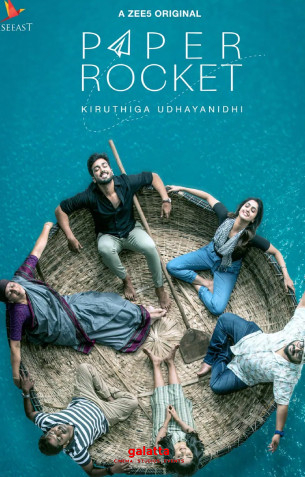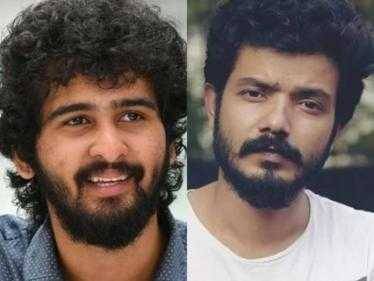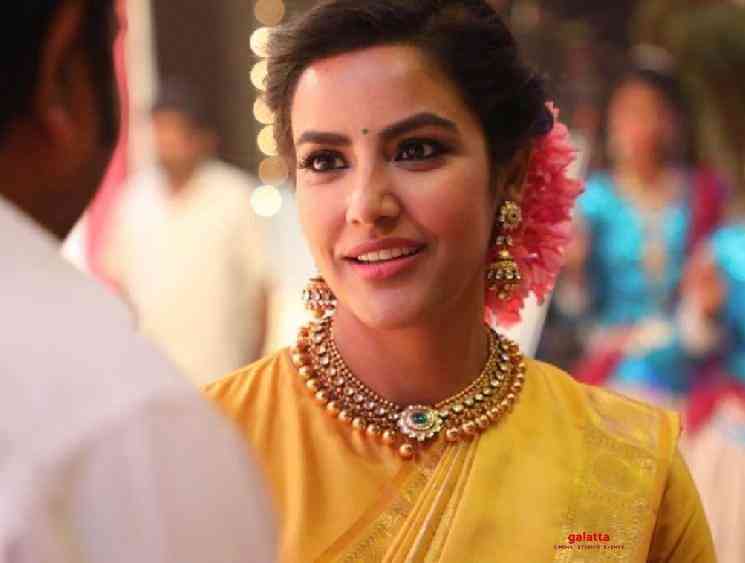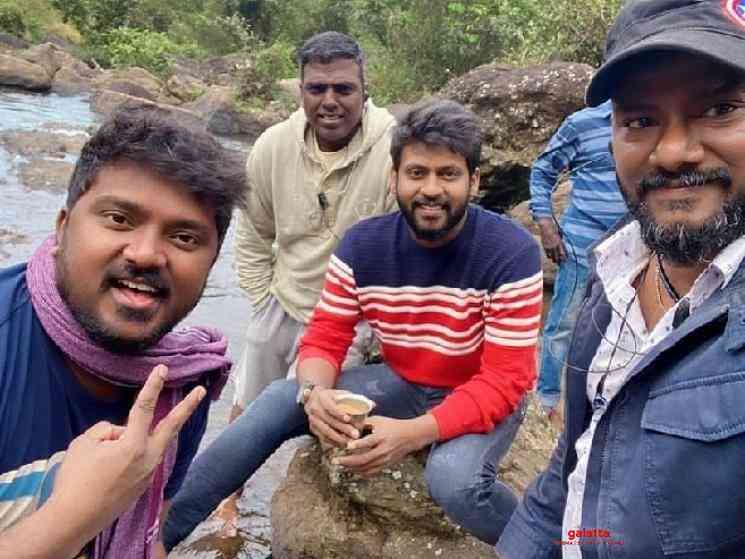RDX Movie Cast & Crew
If RDX is an explosive novel, the romance between Robert and Mini is a lovely little short story. The characters are played by Shane Nigam and Mahima Nambiar, and in the little time they get together, we see the blossoming of love. We get a nice scene that says the direct approach is the best approach. We get the reasons that could drive Robert and Mini apart: caste, as well as the fact that he'd rather spend time at karate class than work in his father's mill. It is at this mill that the cutest moment unfolds, when Robert indirectly attempts to solve the issue of getting married to Mini. (This “scheme” has to do with his older brother Dony, played by Anthony Varghese.) This little love story – this short story – has both joy and sadness. Mini enters the film, saying that she wants to rough up a man. She leaves the film with this wish fulfilled. The arc is complete. It’s a good bit of writing, and more importantly, it’s just enough writing that such a film needs.
Nahas Hidayath's non-stop action movie opens with words uttered by Eleanor Roosevelt: “The future belongs to those who believe in the beauty of their dreams." The quote could instead be something like this: "The present belongs to those who believe in the power of their fists." Like the more elegantly written, elegantly made Thallumaala, RDX is a series of brute action sequences. These are choreographed by Anbariv, and these are the reasons for the film's existence. But there is the backbone of an emotional story. Lal and Maala Parvathi play the parents of Robert and Dony. Early on, as they prepare to leave for a church festival, we see her weeping that their son isn't home. We think that she is talking about Dony, who we have just seen near the church, and we think there is some father-son problem there. But what we don't yet know is that she is referring to Robert, who we have not met yet, and who will eventually come back home thirsting for revenge.
This is not exactly the world's newest story. But these small tweaks in the plot and the characters give the clichéd storyline enough intrigue to make RDX more than just a bunch of Insta-reels of fights. For instance, the writers Adarsh Sukumaran and Shabas Rasheed split the screenplay into two timelines. This gives us an indirect sense of how long certain feelings have festered. The indirect way the primary villain (Paulson, played by Vishnu Agasthya) is brought in – as someone’s brother – is interesting. All the performances are solid, and it helps that – apart from the central scene of home invasion that’s intended to make us side with one set of characters over another – nothing else is treated with melodrama. Even a big twist in a romantic angle is presented in the most matter-of-fact manner. This is a very sensible decision by the writers, because the emotions bind us to this story, but this is not an emotional story.
It’s an action story – and look at the indirect way the first fight begins. It has nothing to do with the principal characters. It is about a small-time political party worker named Peter. There are many names like this in the film, and at one point, when the name “Seban” is mentioned, the editor has to insert a cut of this character so that we recall who this Seban is. But if “Seban” and “Ratheesh” and “Davis” are unmemorable as individual characters, their presence adds texture and density to this story of war between a “colony” of troublemakers and the relatively upper-class trio of R and D and X. R and D, of course, stand for Robert and Dony. Neeraj Madhav plays X: as in, Xavier. His character is the most underdeveloped of the three, and you get the feeling he’s there simply so that the acronym of these three names can form a big blast of a title. (“RD” doesn’t quite have the same ring, or the same impact.)
The Anbariv duo stage the fights in a variety of locations and scenarios, from a church festival to a carnival to a boat to the streets of the colony. The latter is the highlight, not just because it is staged so well but because for a large part, it avoids the use of the most overused trope of Indian stunts: the slo-mo shot. When a man on a bike approaches another man and takes a swing at him, the real-time of the action leaves us a visceral thrill. The rest of the fights aren’t as powerful because they follow the pattern of “mass” movies: apart from the slo-mo that reduces tension, there’s the constant “swagger music” to inflate the importance of the central characters. Had the fights been given the same kind of consideration as the emotional beats, RDX would have been a much better movie. But at least, it’s not boring, and I think that counts for something these days.
